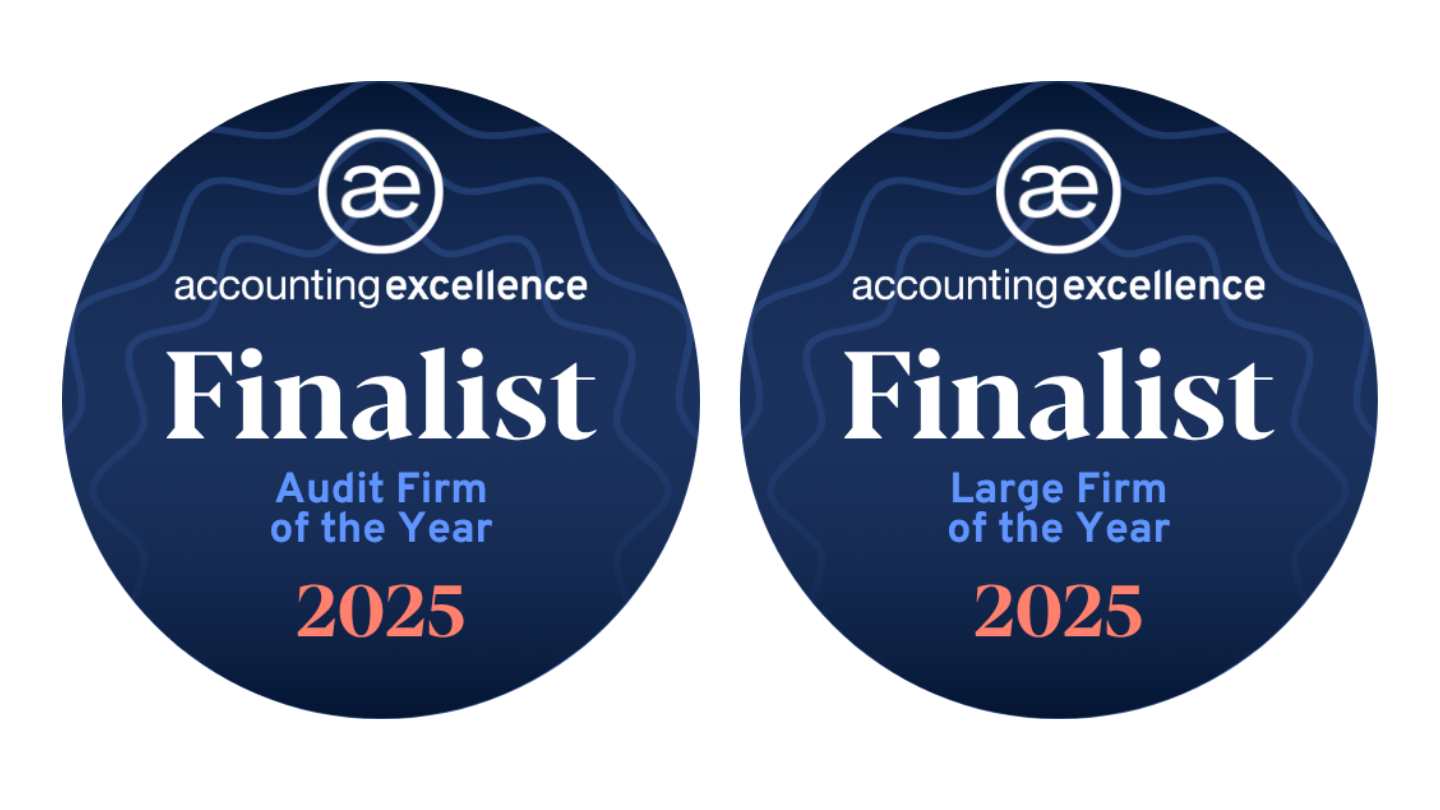In this blog post we take a look at VAT on UK Land and Property. We asked our VAT Partner, Kelly Eland to tell us about the very complex area of VAT on UK Land and Property.
The first thing that Kelly said was “Do you know how many rates of VAT there are applicable to UK Land and Property? The answer is 4
Yes, 4 different rates of VAT apply to UK Land and property. Did you know that?”
So that raised the question, how many are certain that they are correctly are applying the correct rate of VAT to land and property related supplies or, indeed, what rate you should expect to be charged for your land and property related interests?
If you are not yourself a VAT professional, we would not expect you to know the answer to this question with any degree of certainty.
Kelly, explained, “with VAT on UK land and property, we are typically dealing with large values so a mistake on the VAT treatment can have a significant impact on the transaction.
In the UK, the basic premise of VAT is that everything is standard rated unless it is covered by one of the exemptions or reliefs. For property, that is turned on its head so that everything is exempt unless:
• it is specifically defined in any of the zero or reduced rates;
• it is specifically excluded from the VAT exemption provisions; or
• the person with the interest in the land & property has made an option to tax (elected to waive exemption).
The fact that something so complicated should be a self-assessed tax never ceases to amaze!
So, what are the potential liabilities to VAT for UK land and property?
• VAT exempt – this is VAT at a rate of 0% but with associated restrictions on input VAT recovery (the recovery of VAT on associated purchases).
• Zero rated – the holy grail! The is also VAT at a rate of 0% but with no restrictions on input VAT recovery. A win/win for seller and buyer alike.
• Reduced rated – this is a VAT rate of 5%.
• Standard rated – currently 20%.
What do you need to consider when it comes to VAT on UK Land and Property?
The ‘use’ or ‘intended use’ of the property is key in determining the VAT treatment. There are lots of questions that you will need to consider, including:
Will the property be a dwelling, a holiday let, a commercial property, a care home or used for a charitable purpose?
Each of these different uses dictates the VAT treatment of both the construction and the subsequent grants of interests in those properties.
- Is the land and property project a new build or an extension?
- Has the property been empty, and if so, for how long?
- Has the existing building being converted into something else, with a different ‘use’ to the original premises?
There is also the question of the option to tax. Whilst automatically disapplied to certain property uses (e.g. dwellings and care homes) it does have benefits for businesses.
The rules around VAT and UK land and property are very complex indeed, and you should always seek professional advice.
If you are looking to invest in, develop, renovate or sell any land or property, make sure that you understand the VAT implications and associated costs. In the case of VAT and Land Property we advise that you seek professional before you take any initial actions. Some actions are hard to adjust retrospectively so professional advice at the outset can help you avoid any unwanted surprises later on, it can, in many instances, provide cost savings.
We are always happy to review any potential UK VAT scenario for land and property that is presented to us. If it looks fine, we will tell you, but if we believe there is potential for improvement or the possibility that something might be incorrectly classified, our team are happy to help. If you are looking for HMRC’s VAT helpline, this link might help you.
If you need help with UK VAT, contact us today on 020 3697 7147 to arrange a no fee, no obligation meeting with a member of our VAT team. Or you can contact us here or through our website chat (which is manned by real people during office hours, no robots, promise), and you can leave a message there out of hours too.




